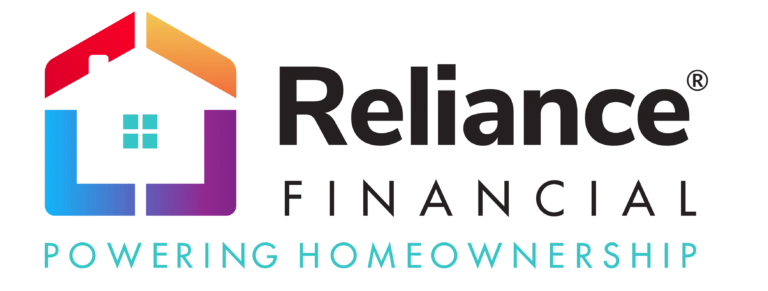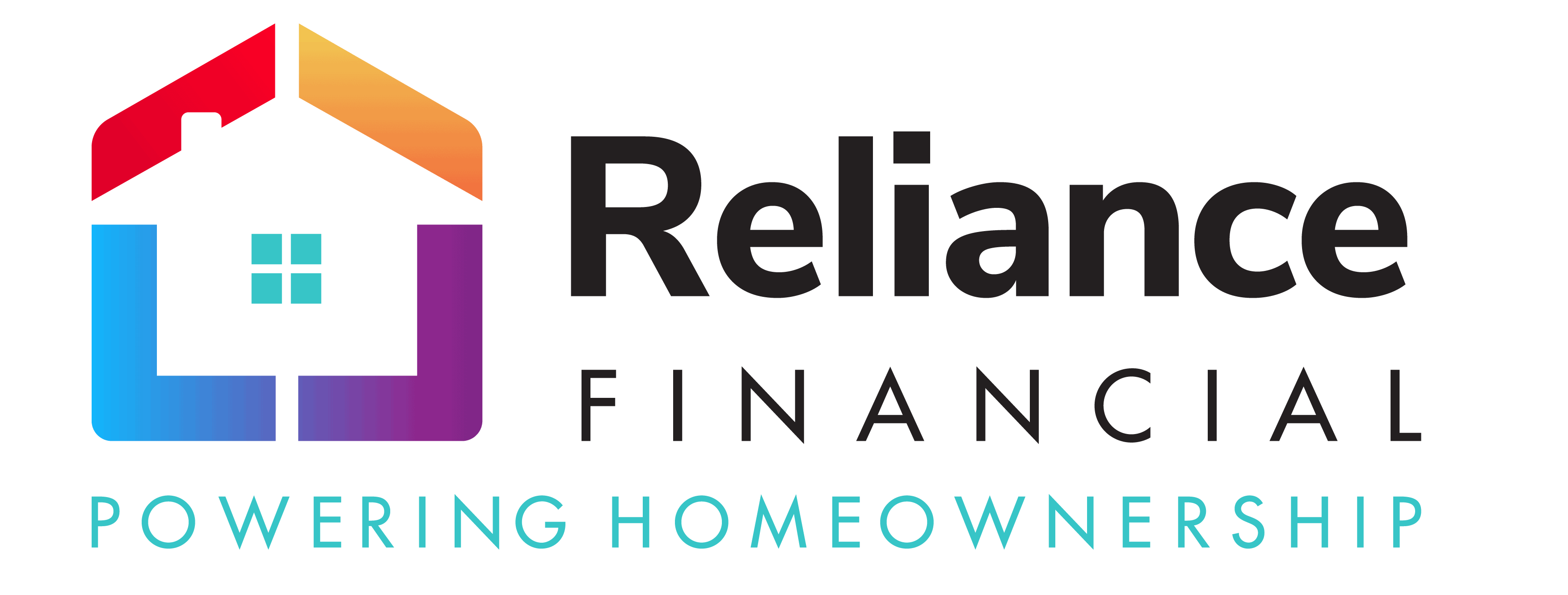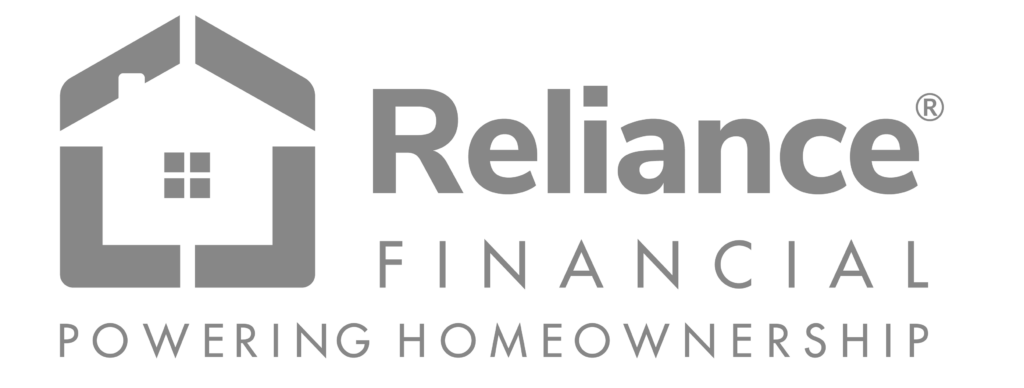San Francisco’s housing market is the most highly demanded ones in the country. You have to cope with highest housing prices in the nation and competitive bidding for available properties. However, San Francisco mortgages aren’t all that different from those found elsewhere in the country. In this article, we’ll talk about Current Mortgage Rates San Francisco and the crucial elements to consider while selecting your ideal mortgage program.
Calculate Mortgage Interest Rates For San Francisco Using Mortgage Calculator
A Brief Introduction to Beautiful San Francisco
The city of San Francisco is Northern California’s commercial and cultural hub. With 815,201 inhabitants, it’s the fourth most inhabited city in California. Similarly, it’s the 17th most populated city in the US as of 2021.
Why is it so popular? First of all, it’s incredibly appealing to the eyes. This city has been named as one of the top 10 most beautiful cities in the world. The combination of lush nature and parks with stunning urban skyscrapers and a dazzling skyline makes for some of the most beautiful views found on our planet.
There is so much cultural diversity in San Francisco. In addition to the beauty, you get a buzzing job market, efficient public transportation, and a cutting-edge food scene. These are just some more of the important factors that draw so many to San Francisco every year. If you see yourself living in this fabulous city and buying your own home, this article is for you.
About the Housing Market And Real Estate Trends in San Francisco
The housing industry in San Francisco, California, is on the pricier side, as indicated by the Free and Clear House Prices Index. We have compiled and presented information on San Francisco’s real estate market, home prices, and housing affordability below. It will assist you understanding your income and mortgage requirements to purchase a home in San Francisco.
- Median Home Value: The median home value in San Francisco, California, is $1,195,585.
- Potential Affordability: Based on updated mortgage rates and a 10% down payment, you need to make $195,892 a year to buy the median-priced property in San Francisco.
- Potential Purchase Price: If your monthly debt payment is reasonable, you might be able to use this income to qualify for a $1,076,027 purchase price.
- Potential Monthly Mortgage Payment: The median property price in San Francisco would require a monthly mortgage payment of $4,537 based on this loan amount.
- Median Household Income: The median household income is $133,876 in San Francisco, California.
- Median Affordability: With this money, you could buy a property worth roughly $817,083.
In San Francisco, someone with a median income can only afford to buy a home for 68% of the median home value, indicating that the current housing costs are very high. Since home-buying in San Francisco isn’t easy, we recommend that you examine the estimated mortgage payment and housing expense each month to see if owning a home in San Francisco is within your means. A reputable mortgage lender or advisor can help you with this.
Current Mortgage Rates in San Francisco
California, the state with the largest population in the nation, has a sizable mortgage industry. Despite being a part of California, San Francisco’s mortgage rates generally tend to be a little lower than the national average.
The following data shows the current California mortgage rates as of August 23, 2022. This data comes from the most recent Bankrate survey of the biggest mortgage lenders in the country.
- The typical rate for a 30-year fixed mortgage is 5.930%.
- The typical 15-year fixed mortgage rate at the moment is 5.100%.
- When considering loans with variable rates, the typical 5/1 adjustable rate mortgage (ARM) rate is 4.190%.
Mortgage lenders don’t simply consider your income, assets, and possible down payment when you’re buying a property. They also take into account all of your debts and commitments, such as your credit card debt, child support obligations, outstanding auto loans, possible insurance and property taxes, and your credit score. Before submitting a mortgage application, it is highly crucial to improve your financial profile as well as educate yourself on money management. We recommend that you get in touch with us at Reliance Financial to get a suitable rate quote as well as a deeper understanding of all the figures and amounts in order to start your homebuying process on the right foot.
Factors That Determine Your Mortgage Payments
- Loan Term: Although choosing a 15-year mortgage over a 30-year one will result in higher monthly payments, you will pay tens of thousands of dollar in less interest. This option tends to work better for high-income homebuyers who can afford to pay the high monthly payments.
- Fixed vs Adjustable Rate Mortgage (ARM): A regular reset of the mortgage rates and monthly payments after an initial fixed term ends characterizes adjustable-rate mortgages. A fixed-rate loan, on the other hand, has consistent payments for the duration of the loan.
- Taxes, HOA Fees, Insurance: Your monthly mortgage payment frequently includes payments for homeowner’s insurance, real estate taxes, and homeowner’s association (HOA) dues. Ask your real estate agent and/or a trusted mortgage advisor for a rough estimate of these expenses.
- Mortgage Insurance: Those homebuyers who take out convential loans and pay lest than 20% down payment or have less than 20% equity in their homes are required to pay mortgage insurance. This insurance protects the mortgage lender in the event of a default on the mortgage payment by the homebuyer. Mortgage insurance premiums are paid on FHA loans by borrowers throughout the loan.
- Closing Costs: Closing fees are all the charges that go into orginatign a home loan. These fees are comprised of two types of charge – recurring and non-recurring charges. Closing fees typically range from 2% to 5% of the sale price. To get a better estimate on your closing costs, a trusted lender can provide you with an official Loan Estimate once they receive the six pieces of required informaiton from you. This includes your name, social secuity number, your income, property address, the estimated value of the property, and the loan amount.
Conclusion
Visit Reliance Financial to compare rates from a large selection of well-known lenders for both buying and refinancing if you’re searching for the best mortgage rates in San Francisco. To make sure you truly obtain the cheapest refinance rates, you may filter by loan type, loan term, credit score, and even state. The Annual Percentage Rate (APR), mortgage rate, monthly mortgage payment, points, lender fees, and kind of mortgage will all be thoroughly explained by our mortgage experts.
At Reliance Financial we are committed to providing custoemrs with unbiased, and easy-to-use tools and information they can rely on. Contact us today at (888) 973- 5346 to find out more.
Frequently Asked Questions About San Francisco Mortgage Rates
Q1: Should I start making my mortgage payments more quickly?
Without a doubt. Paying off your mortgage faster allows you a much more secure and relaxed future, especially in your retirement years. If you pay your mortgage over the long-term, you will have to pay a significant amount of money in interest. You save money when the principal is paid off faster because less interest accumulates.
There are some ways to pay off mortgages faster. But doing so will necessitate some research to fully comprehend the various methods.
- Making a large down payment
- Make an extra mortgage payment each year
- Using a portion of your bonus income to pay off the outstanding principal balance faster
- Reduce spending to increase repayment of your home loan
- Mortgage refinancing to a lower rate and term when interest rates drop
Q2: What are the differences in mortgage rates between purchasing and refinancing?
If a homeowner wants to minimize their monthly interest payment, they can choose to refinance. Through refinancing, homeowners could be able to adopt a new repayment plan and a shorter amortization schedule, which could produce considerable long-term savings.
Although mortgage refinances terms are typically the same as those for house purchases. Some lenders may modify offers to tempt customers and draw the required volume of business. You might consider refinancing in case of lower home mortgage rates. However, you should always consult with multiple lenders to be sure that you are getting the best deal possible.








